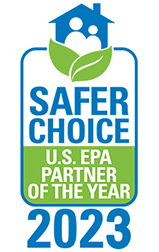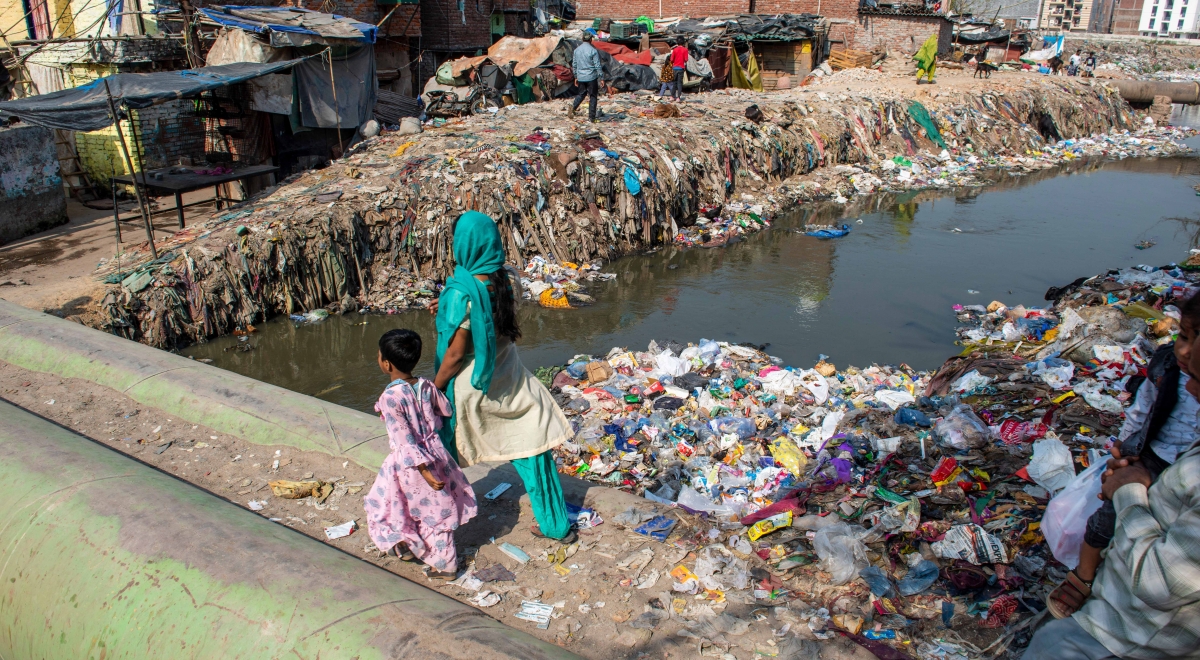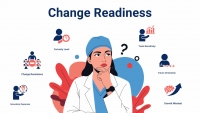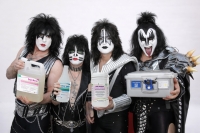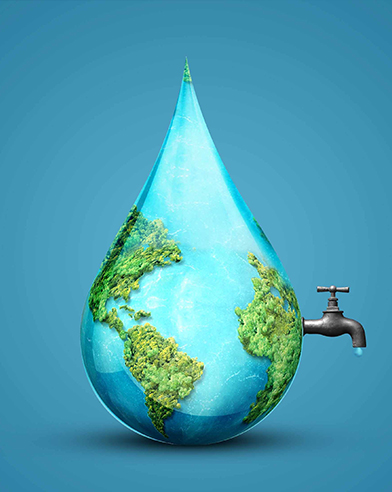
Raising Awareness
According to CBS news, “Major cities are running out of water. A new World Water Day report says it could worsen global conflict.”
World Water Day helps raise awareness about water-related issues and encourages people to act and address global water challenges. Within just the past few weeks, two heavily populated cities (Mexico City and Johannesburg) in the world saw their taps run dry. Climate change, population growth, and urbanization present challenges to water supply systems, leading to heightened competition for clean, abundant water which is necessary for drinking, cooking, bathing, and sustaining life. According to the NIH, wastewaters generated from hospitals contain pharmaceuticals residues, pathogens, chemical reagents, radionuclide, and other harmful matter. With the continual growth of water shortages around the world, how do we respond and what can we do?
World Water Day helps raise awareness about water-related issues and encourages people to act and address global water challenges. Within just the past few weeks, two heavily populated cities (Mexico City and Johannesburg) in the world saw their taps run dry. Climate change, population growth, and urbanization present challenges to water supply systems, leading to heightened competition for clean, abundant water which is necessary for drinking, cooking, bathing, and sustaining life. According to the NIH, wastewaters generated from hospitals contain pharmaceuticals residues, pathogens, chemical reagents, radionuclide, and other harmful matter. With the continual growth of water shortages around the world, how do we respond and what can we do?
It Starts with Us
Hospitals have an important role in the well-being of mankind and other medical research advancements. Next week is AAMI Sterilization Standards week where water quality is high on the agenda. We know that healthcare utilizes nearly more water than any other industry. Adapting to drought and water shortages requires that we look at water quality and water use in new ways. Instilling helpful practices into our everyday lives such as supporting organizations that are making a difference where water is insufficient around the world, keeping water clean, and conserving water at home can help care for the global water supply. These may be easy concepts to understand but just because it’s simple, does not mean it’s easy.
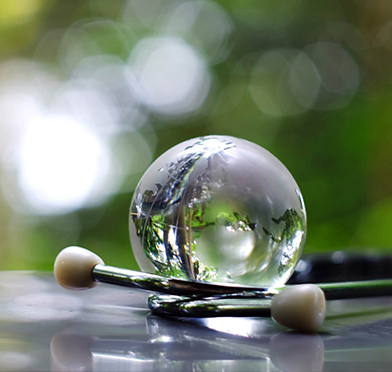
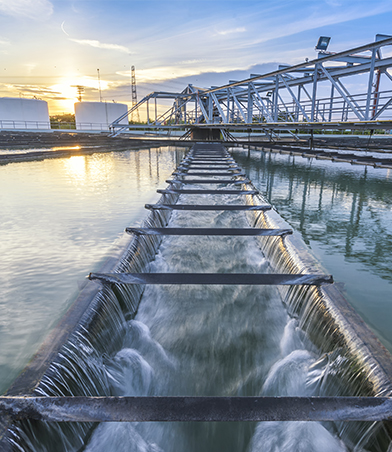
Safer Chemical Usage
In last week's blog, we discussed the harm that disinfectants and chemical sterilants can do to medical devices. Now consider how the addition of these chemicals to our waste water stream are affecting our water supply. According to the U.S. EPA, water used in hospitals and other health care facilities comprises 7 percent of the total water use in commercial and institutional facilities in the United States. In healthcare settings, water is critical for patient care, cleaning and rinsing of medical devices, and sanitizing environmental surfaces. Nonetheless, as we look for solutions to maintaining a safe supply of pure water, we need to examine what we may be doing wrong to affect the already limited supply we have available. Adding chemicals that can be hazardous, caustic, carcinogenic and even treating water with chemicals, such as salt to soften, may be doing more harm than good.
How Case Medical Contributes
Case Medical uses water treatment right here in our New Jersey headquarters and can provide a similar system for creating critical water for your facility too. After extensive research and investigation, we found that filtration and reverse osmosis (RO) is the best way to produce pure, high-quality water. Why use chemical additives for water treatment in healthcare facilities and homes when filtration provides purer water without leaving residue or contaminating the water supply? In fact, a pre-filter is a great way to start the treatment process. It is a simple low cost physical barrier that can block or trap debris (for example sand, rust, silt and other large particles) from passing through, protecting the useful life of the subsequent filtration membranes. Case Medical values clean water due to its essential role in sustaining life and ensuring safety in medical device reprocessing for the well-being of the patient and the community. When water is not safe to drink, water is not safe to reprocess medical devices.
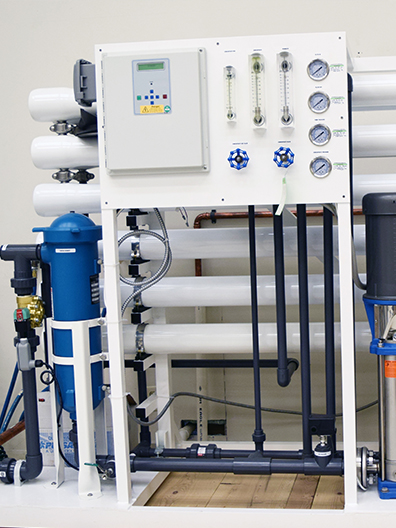
Contact us today at Case Medical to learn how filtration and reverse osmosis can effectively provide high purity water for patient care without harm.
Case Medical is a U.S. EPA Safer Choice Partner of the Year and here to help you solve problems with sustainable and validated products and services. Look for the Safer Choice label when purchasing cleaning solutions for your department and for your home.
Visit us anytime at www.casemed.com to learn more about our products and services. We are here to help. Case Medical is a U.S. EPA SAFER CHOICE Partner or the Year for Manufacturer Formulator and recognized in NJ as Innovative Manufacturer of the Year.
Kindest Regards,
